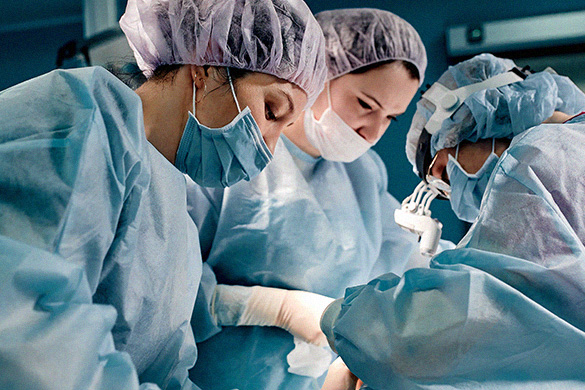Any birth defect is concerning, but some are more rare and more severe than others. One of these rare birth defects is encephalocele. Encephalocele is a sac-like protrusion that exposes the brain and the membrane that surrounds it. This occurs when the neural tube does not close completely during the fetus’ development. The protrusion can present itself in the back of the skull and can vary in severity.
A number of studies have linked the development of encephalocele to certain selective serotonin reuptake inhibitors (SSRIs). This includes drugs such as Zoloft, Prozac, Lexapro, and more. Many of these antidepressants may not have adequate warning labels. Consequently, women take them during pregnancy under the assumption that they are safe. If your child developed encephalocele while you were on antidepressants, you may be able to take legal action.
Schedule your free consultation by calling (713) 909-7910.
Understand the Symptoms
Although our firm is here to help determine if the use of an antidepressant affected your child, understanding the signs of encephalocele is helpful in determining if your baby does in fact have the condition.
Signs of encephalocele include, but are not limited to the following:
- Excess fluid on the brain
- Full loss of arm and leg strength
- Seizures
- Vision issues
- Unusually small head
- Delayed development
What Options Do I Have?
The Centers for Disease Control and Prevention (CDC) believes that in the United States, 375 babies are born with encephalocele each year - one out of every 10,000 babies. If you were taking an SSRI/antidepressant right before you got pregnant or during your pregnancy and your baby was diagnosed with encephalocele, you may have the right to take legal action. You can discuss your case with a birth defect lawyer at Bailey Cowan Heckaman PLLC.
Speak with us today. Call us at (713) 909-7910 to learn more.

